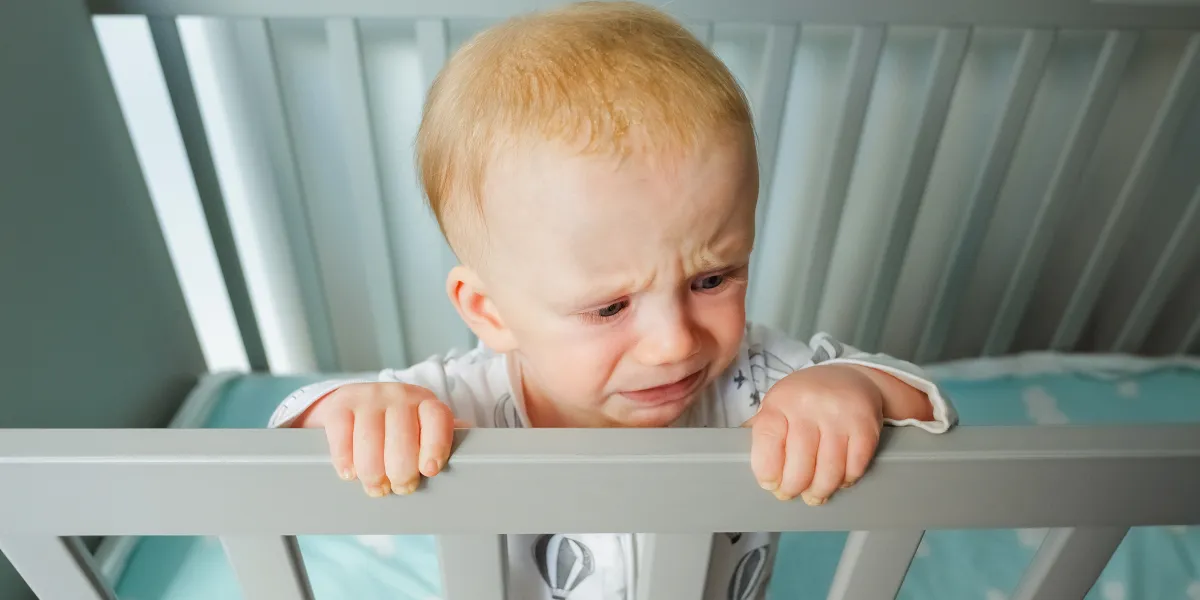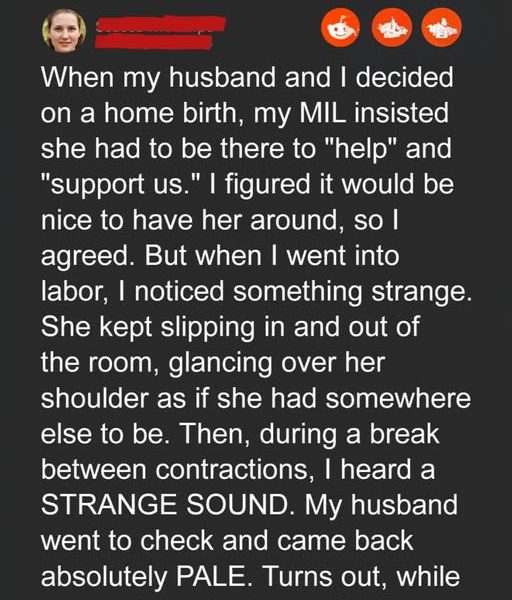My wife and I had been navigating the challenges of parenthood together, but one evening exposed a deeper issue that threatened to break our family apart. We were settling into our usual routine, with the kids in bed and my wife engrossed in her iPad. I decided to take a long, relaxing shower, thinking the kids were safe and sound.
As I stood under the hot water, I heard a faint cry that grew louder and more desperate. “Daddy! Daddy!” my 3-year-old son’s voice pierced through the sound of running water. I quickly turned off the shower and rushed out, grabbing a towel on the way. My wife was still sitting in the recliner, scrolling through her iPad, seemingly oblivious to the chaos in the other room.

When I entered my son’s room, I was met with a scene that made my heart sink. He was sitting up in bed, shaking and sobbing, covered in red paint. The room was a mess, with paint splattered everywhere. My frustration bubbled up as I realized my wife hadn’t checked on him despite his cries for help.
As I bathed my son and cleaned up the mess, I couldn’t shake the feeling that something was wrong. My wife’s lack of concern and response seemed more than just a momentary lapse. When I confronted her, she claimed she had tried to check on him three times, but my son’s words echoed in my mind: “Mommy didn’t check on me. Nobody checked on me.”
The tension between us was palpable, and I knew we needed to get to the bottom of what was going on. I packed a bag for my son and myself and left the house, seeking space to figure things out. It wasn’t until I spoke with my mother-in-law that I began to understand the depth of my wife’s struggles.
She had been fighting depression, feeling overwhelmed by the pressures of motherhood and losing touch with her own identity. The weight of caring for our son had taken a toll on her, and she felt trapped and lost. My mother-in-law’s words hit me like a ton of bricks: “She’s been struggling for a while now… The pressure of motherhood, losing time for herself, for her art. It’s been overwhelming for her.”
As I reflected on our situation, I realized I had been so focused on my own frustration and anger that I hadn’t stopped to consider what my wife was going through. I had been ready to walk away, but now I had to think about how to support her.
Over the next few weeks, my wife began seeing a therapist, and slowly, things started to change. She started painting again, reconnecting with the part of herself she had neglected for so long. Her bond with our son also began to heal, and I saw the person I had fallen in love with starting to re-emerge.
As we navigated this journey together, our family wasn’t perfect, but we were healing. My wife’s therapy and renewed passion for art brought a new sense of hope and connection to our relationship. I learned that supporting each other through life’s challenges requires empathy, understanding, and patience.


